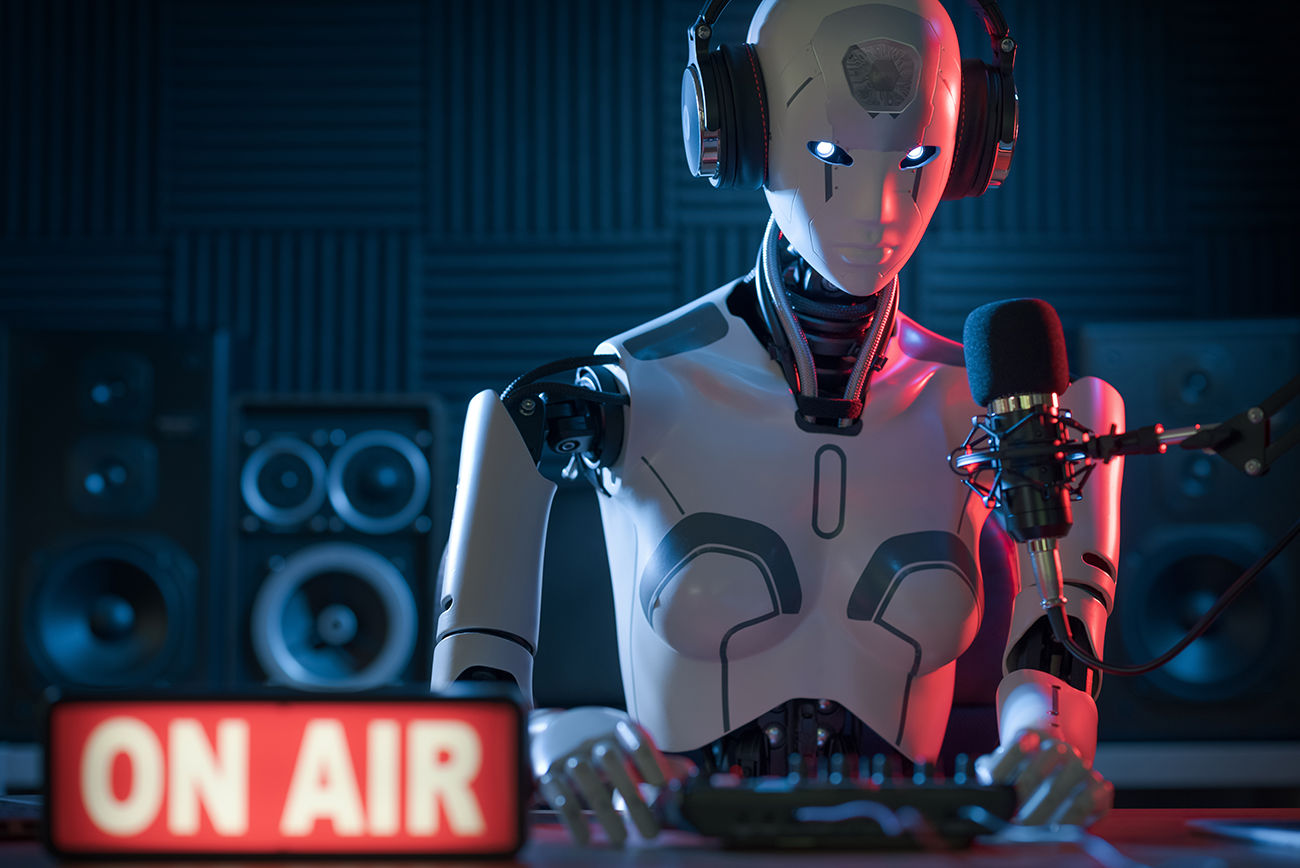AI’s automation of routine music tasks could streamline processes but also threatens to eliminate crucial entry-level opportunities for aspiring composers and producers, as noted by Michael James Collier of Grinding Gear Games.
“I’m excited for AI that can cut out the annoying tasks that get in the way of the creative process, and I also can see a world where it becomes a sort of writing partner. But, in regards to game development, I think it may cut out many opportunities for newer composers.”
The Changing Landscape of Music Production
AI’s integration into music production is transforming the industry at an unprecedented pace.
Tasks that were once the domain of interns and junior professionals, such as editing drum tracks or scoring student films, are now being automated. This automation could potentially disrupt the traditional pathways through which music professionals build their skills and portfolios.
Historically, on-the-job training has been the cornerstone of career development in music. Composers and engineers would start with low-paying, low-prestige projects, gradually working their way up to more significant roles. These foundational experiences are essential for developing the expertise required to excel in high-profile projects.
However, as AI takes over these entry-level tasks, the traditional ladder to success may be broken.
Redefining Entry-Level Work
One potential solution is to redefine what constitutes entry-level work. With AI handling more routine tasks, beginners might take on responsibilities that previously required more experience. This shift could accelerate their learning curve, allowing them to engage with more complex projects earlier in their careers.
For instance, AI tools like RipX and various audio restoration plugins are revolutionizing what can be done with existing audio, removing laborious tasks and enabling more creative possibilities. These innovations could empower young professionals to explore new realms of creativity and innovation in music production.
Historical Parallels and Future Prospects
Looking back at the Arts and Crafts movement of the 19th century provides a historical parallel. In response to the rise of mass-produced goods, some manufacturers integrated industrial tools with traditional craftsmanship. This blend not only created new styles but also kept craftspeople relevant. Similarly, AI could enable music professionals to retain control over their work while exploring new creative possibilities.
However, there is also a darker scenario to consider. The Luddites, often mischaracterized as technophobes, were skilled workers who saw their livelihoods transformed into repetitive, low-paying tasks due to industrialization. If AI leads to a similar displacement in the music industry, it could drastically reduce opportunities for gaining essential experience.
The Role of AI in Music Creation
AI’s role in music creation is already significant. Tools like Amper Music’s Songwriter and AIVA help generate new melodies and chord progressions, while platforms like BandLab’s Band-in-a-Box assist with song arrangements. These tools can democratize music production, making it more accessible to those without formal training.
However, AI-generated music raises ethical and creative concerns. While AI can produce technically proficient music, it often lacks the emotional depth and personal touch that human musicians bring. This gap underscores the importance of maintaining a balance between AI’s capabilities and human creativity.
Why This Matters
The integration of AI in music production presents both opportunities and challenges. For music producers, AI can enhance creativity and streamline workflows, but it also threatens to displace traditional roles and disrupt career pathways. As AI continues to evolve, it is crucial for the industry to address these challenges and ensure that young professionals can still gain the experience needed to become the next generation of music masters.
The future of music production will likely involve a blend of AI and human creativity, where AI handles routine tasks, allowing humans to focus on more complex and emotionally resonant aspects of music creation. This balance will be essential in preserving the rich, diverse, and deeply human art of music production.
For more insights on how AI is reshaping the music industry, check out related articles on the impacts and disruption of AI on music industry stakeholders and orchestrating the future with AI in the music industry.





Interesting read, Daniel. Wonderin how soon we’ll be seein’ AI DJs headlining festivals? Is that even a thing to expect?
Not too keen on the idea. Music’s about soul and connection, not just algorithms and code. There’s something special about human touch in creating vibes.
It’s an inevitable progression, but I doubt AI will fully replace the creativity and spontaneity of human DJs any time soon.
AI in music, huh? Just another way to strip away the real talent and make everything sound the same. Miss the days when music had a human touch.
Really excited about what AI can do for music! Imagine the new genres and sounds we can discover. The future’s looking bright!
Great, just what we needed. Computers making music. Next, they’ll be conducting orchestras and judging talent shows.
idk much about AI but if it can help me make better tracks, I’m all for giving it a shot. hope it’s not too complicated tho.
Fascinating article, Daniel. The juxtaposition of AI and traditional music creation methods could lead to groundbreaking developments in the sound arts. Eager to see where this leads.
Imagine AI making music with kitchen appliances. Now that’s a concert I’d pay to see. Lol
The potential for AI in music production is limitless. From enhancing creativity to automating mundane tasks, it’s an exciting time for the industry.
True, Jenna, but I hope this tech will be used wisely. It’s important not to lose the artist’s voice in the quest for innovation.